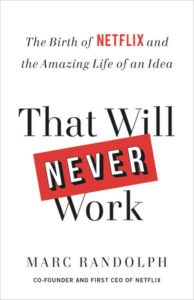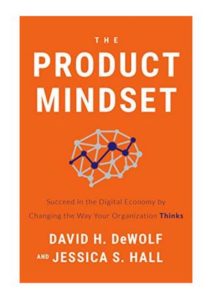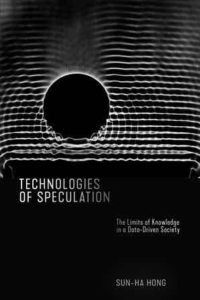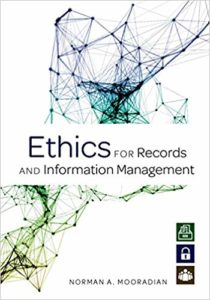Nada es como solía ser. Nacen nuevos servicios profesionales, otros desaparecen, en un contexto de cambio de era en favor de la tecnología. Y todos esos servicios parten de una nueva prestación profesional basada en nuevas y mayores exigencias de eficacia y de eficiencia.El sector de los servicios profesionales es un sector muy amplio: abogados, consultores estratégicos, de negocio, de informática y tecnología, publicidad, auditores, executive search, etc., pero ¿acaso no son servicios profesionales los de un fisioterapeuta, un coach, un nutricionista o un diseñador gráfico? Muchos son los profesionales del servicio que pueden y deben aplicar la lógica del marketing de servicios profesionales para atraer, vender, lograr experiencias positivas y dignas de ser contadas, y fidelizar y retener a clientes rentables.La valoración de los servicios profesionales habla del nivel de un país y es reflejo fiel de su estatus y de sus potencialidades. Por ello, el sector requiere profesionales con un comportamiento moral y ético, con criterio y formación, verdaderos expertos en lo que venden, independientes, imparciales y capaces de soportar la presión de los clientes hiperexigentes para que les den una solución o un dictamen predeterminados. La necesidad de una obra como esta se debe a que los servicios profesionales presentan varias propiedades que los hacen verdaderamente especiales desde el punto de vista del marketing. Estas características los diferencian, incluso, de los servicios no profesionales.







